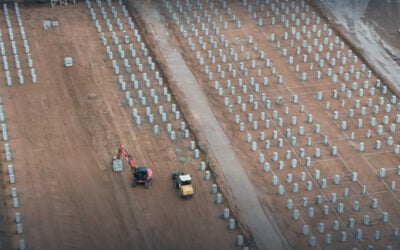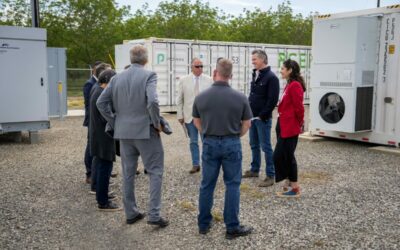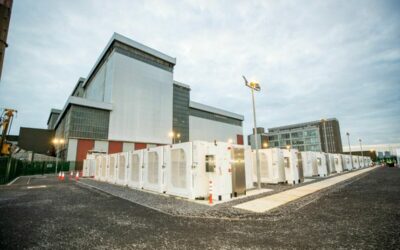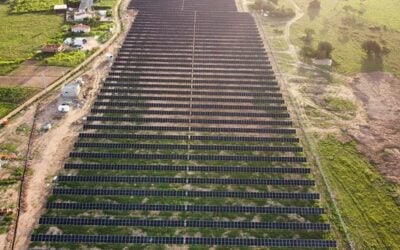
Microsoft, Meta – which owns Facebook – Fluence and another two dozen energy storage developers and industry actors have formed the Energy Storage Solutions Consortium to assess the emissions reduction of energy storage technologies.
The Consortium’s goal is to both assess and maximise the greenhouse gas (GHG) reduction potential of electricity storage technologies. As part of this, it will create an open-source methodology to quantify the emissions reduction benefits of grid-connected energy storage projects, verified by third party Verra through its Verified Carbon Standard Program.
Enjoy 12 months of exclusive analysis
- Regular insight and analysis of the industry’s biggest developments
- In-depth interviews with the industry’s leading figures
- Annual digital subscription to the PV Tech Power journal
- Discounts on Solar Media’s portfolio of events, in-person and virtual
Or continue reading this article for free
The methodology will look at locational marginal emissions, which measures the tonnes of GHG emissions displaced through the charging and discharging of energy storage facilities on the grid at a specific location and point in time.
It hopes this will be a tool to help organisations ‘create credible progress toward their net zero emissions goals,’ a press release said.
Meta is one of three steering committee members along with REsurety, which provides risk management and software products to the buyers and sellers of clean energy, and developer Broad Reach Power.
“We need to decarbonise the grid as quickly as possible, and to do that we need to maximise the emissions impacts of all grid-connected technologies – whether generation, load, hybrid or standalone storage,” says Adam Reeve, SVP of software solutions at REsurety.
The consortium also has 24 advisory committee members coming from the energy storage industry. Amongst these are system integrators Fluence and Stem Inc, developers Jupiter Power and Primergy Solar, asset managers active in the sector including Quinbrook Infrastructure Partners and UBS Asset Management, optimiser Habitat Energy and tech giant Microsoft.
Other members are 3Degrees Group, Inc., Akamai Technologies, Clearloop, Equilibrium Energy, General Motors, GlidePath Power Solutions, Hannon Armstrong, Longroad Energy, Marathon Capital, Microsoft, Primergy Solar, RES Group, Rivian, Rowan Digital Infrastructure, Tabors Caramanis Rudkevich, TimberRock and WattTime.
Facebook’s total electricity use, which is 100% powered by renewables, totalled 7.17TWh in 2020 according to its Data Disclosures for that year. The vast majority of this is used by its data centres.





